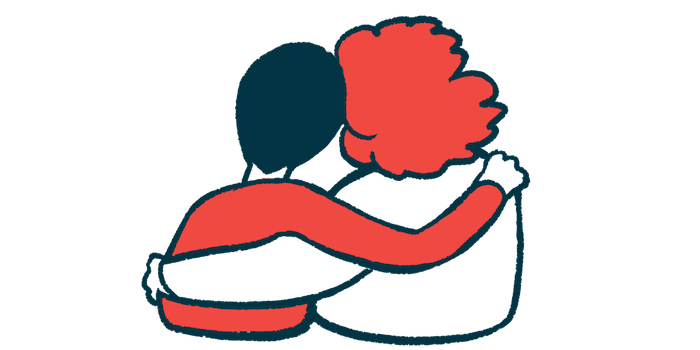Alliance launches research grant program to mark World MS Day
Goal is to drive innovation in care programs for people with progressive MS
Written by |

To mark World MS Day, which takes place annually on May 30, the International Progressive MS Alliance is introducing a research program to help drive early innovations in care programs for those with progressive forms of multiple sclerosis (MS).
Specifically, the program seeks to identify solutions to some of the most challenging symptoms faced by those with progressive MS — including primary progressive MS and secondary progressive MS — and implement them globally.
Patients with these types of MS often face symptoms that progressively worsen independent of relapse activity, and are more difficult to treat than other MS types.
“This effort is an important investment in making daily life better for people with progressive MS,” Ruth Ann Marrie, MD, PhD, vice chair of the Alliance’s scientific steering committee, said in a press release. “Research is needed to identify, develop, test and implement effective therapies that improve well-being and can be widely adopted.”
More than 53 research grant applications submitted from 11 countries
To build a research pipeline, the organization will award grants to research projects that prospectively result in novel treatment candidates for progressive MS. The projects must also have the potential to culminate in a large randomized controlled study and to be implemented for adoption into the healthcare system.
By the May 15 deadline, the Alliance received more than 53 applications from 11 countries that focus on at least one of these MS symptoms: fatigue, pain, cognitive impairment, and impairment of mobility and upper limb function.
The research initiative, part of the Alliance’s Strategic Plan to End Progressive MS, was developed following a 2018 Alliance Global Scientific Congress focused on symptom management, in addition to a paper published in 2021 outlining recommendations for advancing studies in patient well-being. The paper noted the need for more therapies that can relieve symptoms and improve patient life quality.
“Often the hardest part of living with MS are the things that people don’t see,” said Marie Vaillant, a member of the Alliance’s scientific steering committee and an MS patient. “The debilitating fatigue that overwhelms you or the cognitive impairment where you can’t remember the question that your husband just asked you. Having answers to these challenges would be a game-changer in improving the lives of people with MS.”
Meanwhile, World MS Day seeks to heighten awareness of all forms of multiple sclerosis, a neurodegenerative disorder thought to affect 2.8 million individuals globally. The theme again this year is “Connections,” including community connection, self-connection, and connections to quality care.
“We are challenging social barriers that leave people affected by MS feeling lonely and socially isolated,” according to a campaign webpage. “Together, we advocate for better services, celebrate support networks and champion self-care. Change the future, find your #MSConnections.”
Campaign participation suggestions include organizing a virtual event, activity, or fundraiser, contacting media outlets for coverage, and advocating for increased access to support and treatments. Participants are also encouraged to spark conversations about MS on social media, using the hashtags #MSConnections and #WorldMSDay and tagging @WorldMSDay.
World MS Day participants encouraged to share their personal stories
Also available is a World MS Day map on which activities can be shared, and resources found, and where participants can post a picture of an “MS Heart,” a sign language-inspired symbol of solidarity with everyone affected by MS. Participants are asked to clasp their hands together — symbolizing a heart — and share their photo with the campaign and friends and family.
Participants are also encouraged to share their stories about why they’re supporting World MS Day and what the campaign means to them. To potentially help other community members, they’re also being asked to share any MS resources they might have.
A toolkit — available in English, French, Portuguese, Spanish, and Arabic — has resources and materials participants can use for in-person and virtual activities, in addition to downloadable graphics, posters, logos, an MS Connections handbook, and social media shareables.
World MS Day is coordinated by the MS International Federation and member organizations globally, including those from the U.S., Canada, Argentina, Greece, Australia, Kenya, India, Tunisia, Spain, and the U.K.
